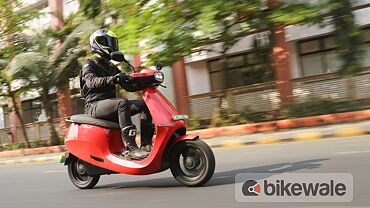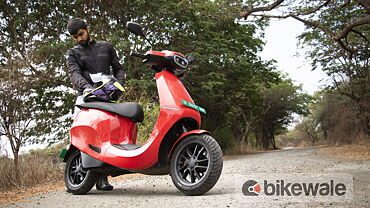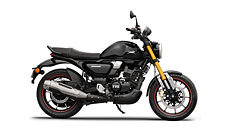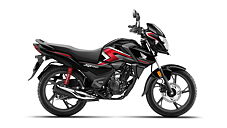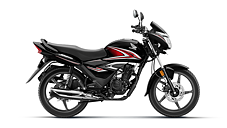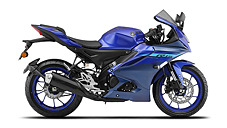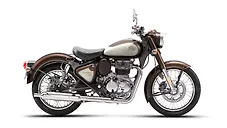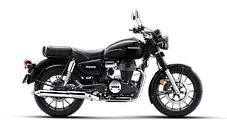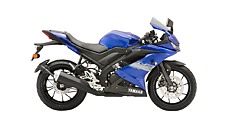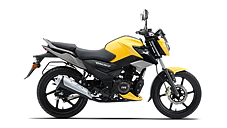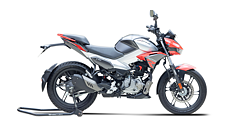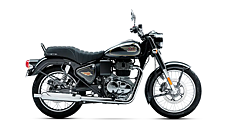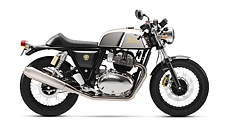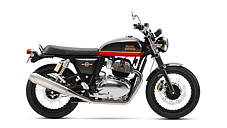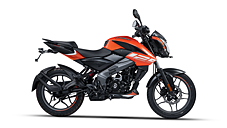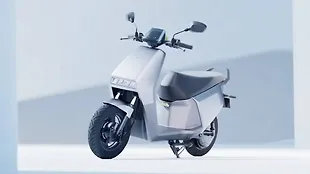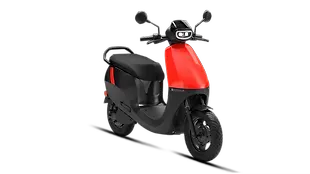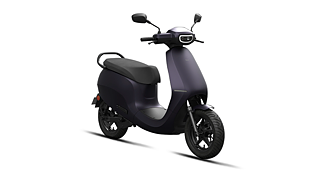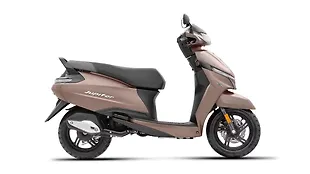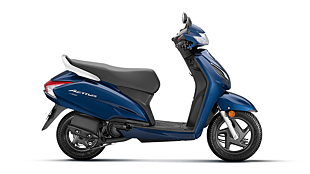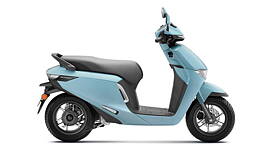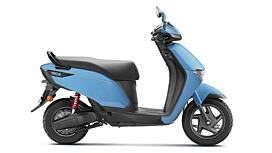Introduction

Ola Electric plans to take a big scoop of the Indian electric two-wheeler space and for that, the company has huge hopes with its new products, the S1 and the S1 Pro. The first electric scooter from the company is nearly ready although the company says that it has to iron out a few issues before it launches the vehicle across the country. Ola Electric also hopes to achieve massive sales and is currently working on its 500-acre facility that will have a production capacity of 10 million vehicles per year.

All of that is scheduled to happen in the future but we are here to tell you about the S1 Pro electric scooter, at least the near production-ready model with the Beta software that we tested for a very brief time in Bangalore.
The Visuals

Anyone who has watched the 2008 animated science-fiction movie, WALL-E can instantly spot the resemblance of the Ola S1 with the Extraterrestrial Vegetation Evaluator or EVE robot in the film. The front fascia packs a sleek, twin-pod LED setup on top while two compact turn indicators, also LED, occupy the space on the apron. From the sides, the pillion footrests are integrated into the curvy body panels to give a clean look to the scooter while the rear features a push-open charging port.

The subtle styling is complemented by modern features such as full-LED lighting and a massive touchscreen display that forms the cockpit on the Ola S1 electric scooter. More on that in the latter part of the review.

Stand at a distance, and the Ola S1 looks very stylish and premium. The paint quality, both matte and gloss, looks decent however, close inspection reveals a few fit-and-finish issues that the company can iron out before rolling out the vehicle. The panel gaps, for example, may become an eye-sore for some people. Furthermore, the rubber finished buttons don’t really speak high-quality while their close positioning and lack of backlit setup make operations difficult.

On the upside, we did not hear any unpleasant sounds from the scooter during our short test ride but we can make concrete comments about this once we have the vehicle for a longer duration.
The Package

The retro-design, as mentioned earlier in this review, is complemented by modern features such as full-LED lighting. Usually, we don’t get to test the headlight performance as most media rides are performed during the day. This media ride, however, got pushed to the late evening which gave us an opportunity to test the headlight performance, and we were content with its illumination. The low-beam delivers a good spread while the high-beam covers a long distance. Both, the high- and low-beam work together in the high-beam mode, thus delivering a good performance and giving the confidence to go relatively faster after dark.

The touchscreen display is large and easy to read, and it delivers a decent amount of information. The vehicle starts with a passcode screen where you enter your unique code to use the scooter. Apart from the ride related data such as the speedometer, battery level indicator, and the Bluetooth-connectivity status, the touchscreen module can be used to access the Map-My-India navigation system and various settings about sound and display. The rider can manually toggle between Bright and Dark mode and set the brightness level according to his comfort. The screen is easy to access with bare fingers but the operation wasn’t as smooth as we would’ve wanted while wearing riding gloves.

The luggage solutions include a massive, 36-litre under-seat storage that can be used to store two half-face helmets or a backpack. The storage, however, is wider than deeper which means that you still cannot pack a full-face helmet inside. Another complaint is the lack of boot light which makes accessing things difficult in dark places. Furthermore, the footboard design will make it difficult to carry boxes or larger bags which may not work for a few riders. Additionally, there are a couple of pockets behind the apron that can store a phone or a small water bottle. There’s also a USB charger on the right side to recharge a smartphone on the go. These storage units, however, aren’t covered.
The Ride

Most of the functions were running the in Beta mode. Thus, the experience wasn’t as smooth as we had expected. The scooter uses an electric motor that makes a peak power output of 8.5kW and 58Nm of peak torque. The S1 Pro comes with two modes as standard – Normal and Sport. The Hyper mode is available as an optional extra and it promises better performance. The rider can toggle between the modes on the fly, and the difference between the three is instantly evident. As their names suggest, the Normal mode packs the most laid-back character while the Sport mode improves acceleration further. The Hyper mode gives out maximum acceleration and it feels brisk and noticeably quicker than some of the internal combustion engine-powered scooters in a similar price range. There’s also a reverse mode that can be used to move the vehicle in parking spaces.

Our test vehicle had a specific issue where it wouldn’t respond to the accelerator inputs and the scooter would stop moving completely. At one particular moment, the response became jerky before the scooter came to a standstill, and we had to restart the vehicle to get back in motion. We switched to another scooter to check if the issue existed in that as well. Surprisingly, the second scooter, too, showed similar traits.

We did not get to test the range of the battery due to the limited time, but we plan to ride this scooter for a longer duration once the delivery ready vehicles are available.

The braking setup, which comprises disc brakes on both wheels, is sufficiently strong for the task. It lacks the initial bite but feels progressive and the setup will be useful for city rides. It misses the safety net of ABS, however, Ola Electric offers a combined-braking system with the electric scooter. The suspension tasks are performed by a single fork at the front and a mono-shock at the back. The suspension setup features a sporty tuning without being too stiff. Thus, the S1 Pro filters out most of the undulations but you would notice the bigger holes on the road.

At 125kg, the Ola S1 Pro is heavier than some of the conventional scooters, although we didn’t find the weight to be an inconvenience during our short test ride. It was easy to move the scooter without using the engine power and most riders should be able to handle the weight of the S1 Pro fairly easily.

The ergonomics are comfortable and the saddle packs ample space for a rider and a pillion. The only issue that we would like to point out is the hump in the middle of the footboard that has been placed to accommodate wiring and part of the battery. This limits the floor space for feet and some riders may not like the design.
Verdict

The Ola S1 Pro is still undergoing improvements but the Beta version of the software, with the exception of the throttle complaint that we mentioned above, is a fairly good package. The scooter packs a promising performance, and the hardware works well. The feature list is appealing too and it is poised to get better with OTA updates. The quality, too, is decent enough to compete with other major electric brands but it isn’t as good as equally priced (ex-showroom) internal combustion engine powered scooters like the Yamaha Aerox 155 or the TVS Ntorq 125.

The claimed charging time is rated at 18 minutes for a 75km range, which still isn’t as quick as refuelling a conventional scooter. Maybe a battery swapping technology would’ve made it quicker but that isn’t part of the package. Thus, while the Ola S1 series is appealing, you may not want this to be the only scooter in your garage.
Photography by Kapil Angane
Gallery
1/109
OLA S1 Pro Rear View Mirror
Double Tap to Zoom









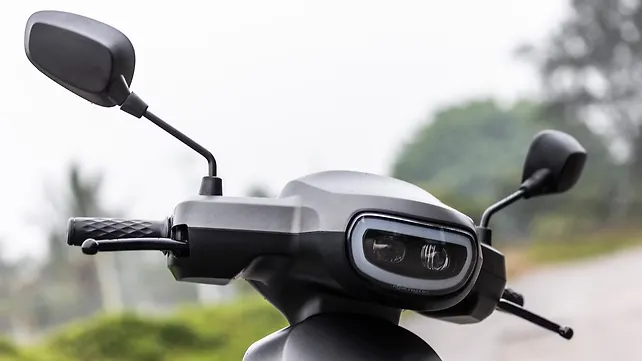

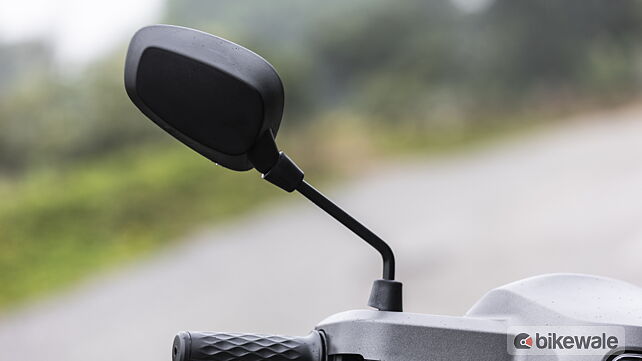












![OLA S1 Pro [2021-2023] Image OLA S1 Pro [2021-2023] Image](https://imgd.aeplcdn.com/272x153/n/cw/ec/107243/s1-pro-left-side-view-3.jpeg?isig=0&q=80)
